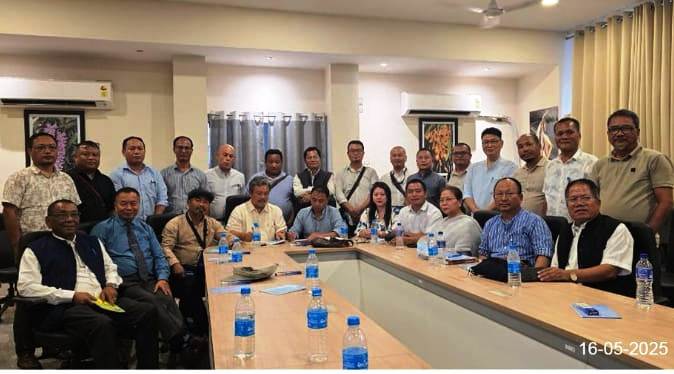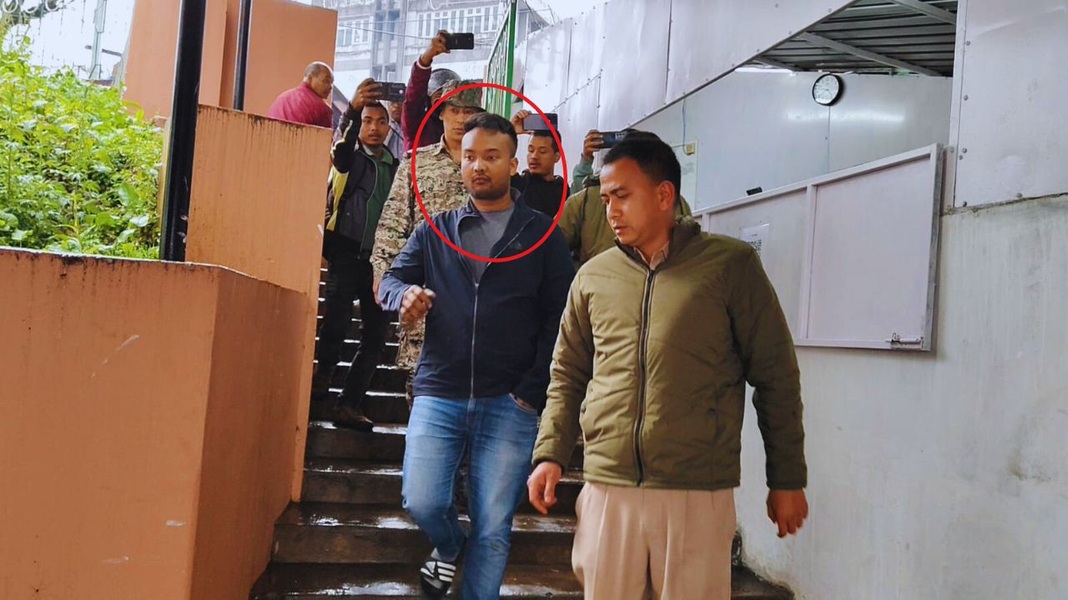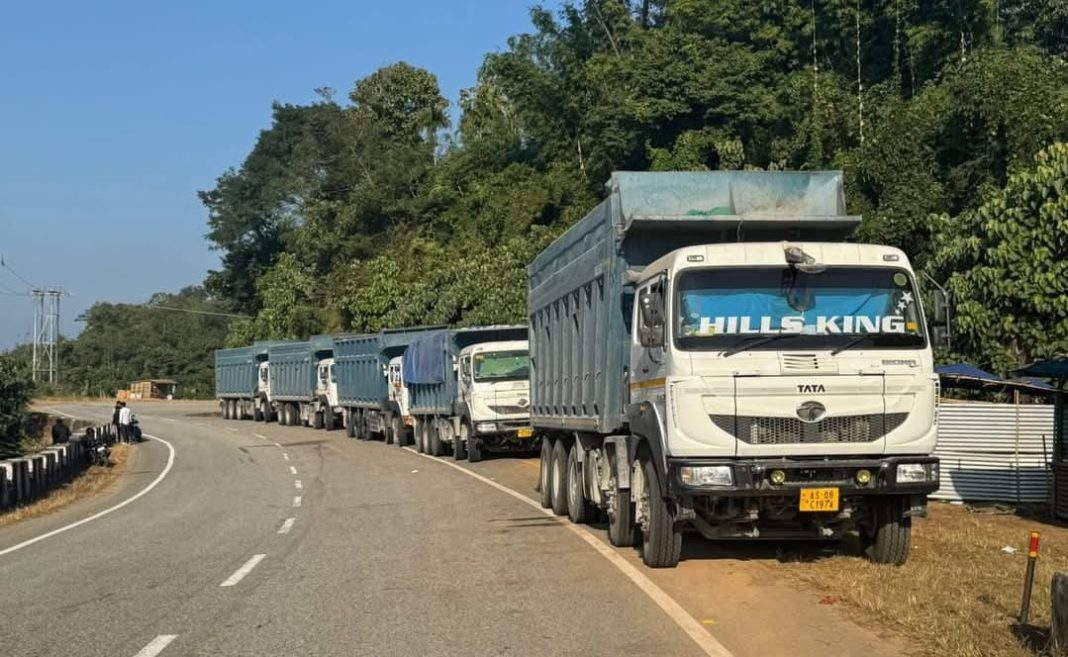
Guwahati, May 16: In a decisive move, Kuki MLAs, Suspension of Operation (SoO) groups, and civil society organizations (CSOs), including the Kuki-Zo Council (KZC) and Zo Council (ZC), have announced that they will no longer engage with the Union government or its representatives “until the resumption of substantive political dialogue” addressing their core demands.

This decision was taken at a joint meeting held in Guwahati on Friday, marking a significant shift in the Kuki-Zo leadership’s approach amid ongoing tensions in Manipur. The leaders collectively voiced frustration over the central government’s silence on their long-standing demand for a separate Union Territory under Article 239A of the Constitution—an arrangement similar to the Puducherry model, which allows for a popular government with legislative powers under central oversight.
The joint decision comes on the heels of the Kuki-Zo Council’s first Governing Council meeting on May 13 at the READS Auditorium in Rengkai, Churachandpur. That meeting, which followed consultations with top leaders of the United People’s Front (UPF) and the Kuki National Organisation (KNO) in Kangpokpi, resulted in five formal resolutions reaffirming the community’s political roadmap.
A restructuring of the KZC cabinet, adding four vice-chairpersons, joint secretaries, and assistant secretaries to strengthen internal governance.
A commitment to prepare a unified community budget and mobilize financial contributions from all constituent bodies.
A full reaffirmation of the KZC’s founding principles without amendment, signalling internal solidarity.
KZC spokesperson Ginza Vualong stated, “Union Territory was the main agenda of the meeting. Until the government starts political dialogue, we will not participate in any initiatives from the popular government.” He emphasized that the pursuit of a separate administrative setup remains the community’s non-negotiable political aspiration.

The demand for a separate Union Territory has stirred sharp opposition from valley-based communities and organizations, especially after the ethnic clashes that erupted in Manipur in May 2023. While tensions remain high, the Kuki-Zo leadership asserts that a separate administrative framework is essential to ensure safety, representation, and long-term peace for their people.
Despite mounting resistance, the KZC is preparing to formally present its proposal in Guwahati, reinforcing its call for a new constitutional and administrative framework that reflects the realities and aspirations of the Kuki-Zo population.
The boycott of further government engagement signals a deepening political standoff in Manipur and places increased pressure on the Union government to respond with clarity and seriousness.





